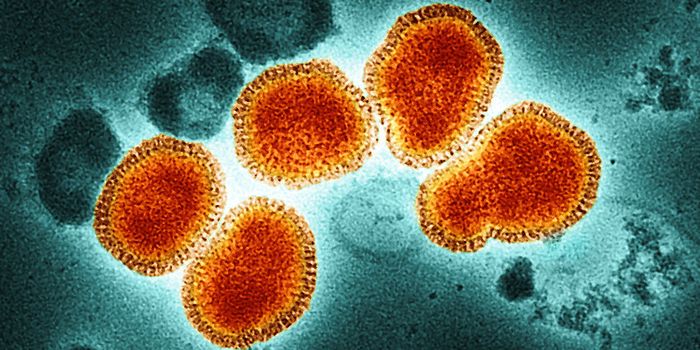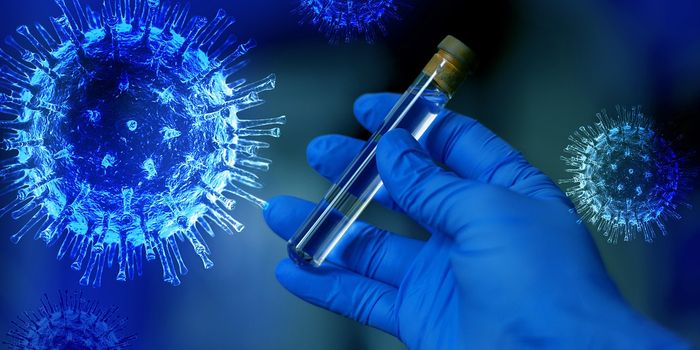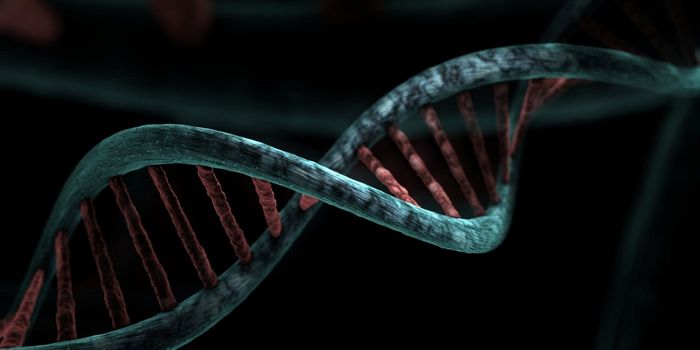Maternal Depression Alters Mom and Baby's Immune Markers
In 2015 around 16.1 million adults in the United States had experienced at least one major depressive episode in the last year, depression remains the leading cause of disability in the United States among peoples age 15-44. Studies show that depression is one of the most common problems women experience during and after pregnancy. A recent study published in Depression and Anxiety examined the effect of depression in women on their children’s stress and physical well-being throughout life.
Depression is feeling sad, empty, and “down” that go beyond a typical bad day or feeling moody; it can make doing everyday activities difficult. Major depression, or major depressive disorder, is characterized by an overwhelming feeling of sadness or loss of interest in usual activities as well as a change in appetite, insomnia or hypersomnia, fatigue, suicidal thoughts, and many other symptoms. Pregnancy and a new baby can bring a lot of emotions, for some feelings of sadness and anxiety may come and go, but for some, they stay and become more severe. Previous studies have shown that maternal depression can bear long-term negative consequences for children’s well-being.
Researchers at the Interdisciplinary Center Herzliya, in Israel, sought to explore the contribution of the maternal and child’s immune system in mediating the effects of maternal depression on children’s psychopathology. The study follows a birth cohort over-represented for maternal depression, including 125 children, from birth to 10 years. Both mother and child’s cortisol (CT) and secretory immunoglobulin A (s-IgA), were assayed. Cortisol and s-IgA are biomarkers of stress and immune system function. The interaction between mother and child, as well as psychiatric testing, were also completed.
The study results showed that depressed mothers had higher CT and s-IgA levels compared to mothers who were not depressed. Interactions with children exhibited negative parenting based on negative affect, intrusion, and criticism. Children of depressed mothers showed higher s-IgA levels and more significant social withdrawal. The study found four paths by which maternal depression affected child symptoms: 1) increased maternal CT was associated with higher child CT and behavior problems, 2) changes in both maternal and child’s immune response which were associated with child symptoms, 3) enhancing negative parenting that predicted child social withdrawal and 4) a combined endocrine-immune pathway that suppressed symptom formation.
The study was the first to test stress and immune biomarkers in depressed mothers and their children in this manner, showing that exposure to maternal depression impairs children’s immune system and stress response. These impairments were also found to be similar to the effects of depression on the mother’s stress and immune response resulting in reduced quality of maternal caregiving. Dr. Ruth Feldman, the senior author, said: “Our findings show the complex effects of maternal depression on children's physiology, health, and psychopathology and advocate the need for early interventions that specifically target maternal stress and enhance parenting behavior."
To learn more about depression watch the video below.
Sources: Depression and Anxiety, Center for Disease Control, Anxiety and Depression Association of America (ADAA)









